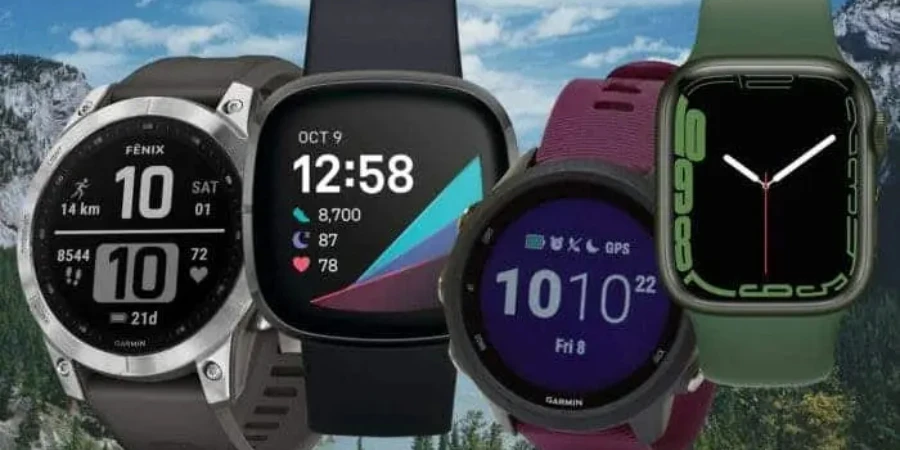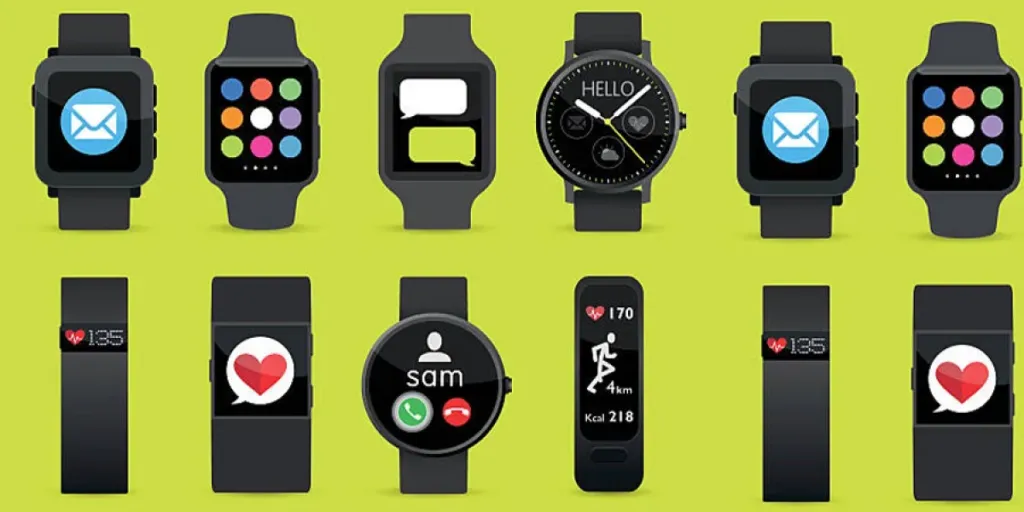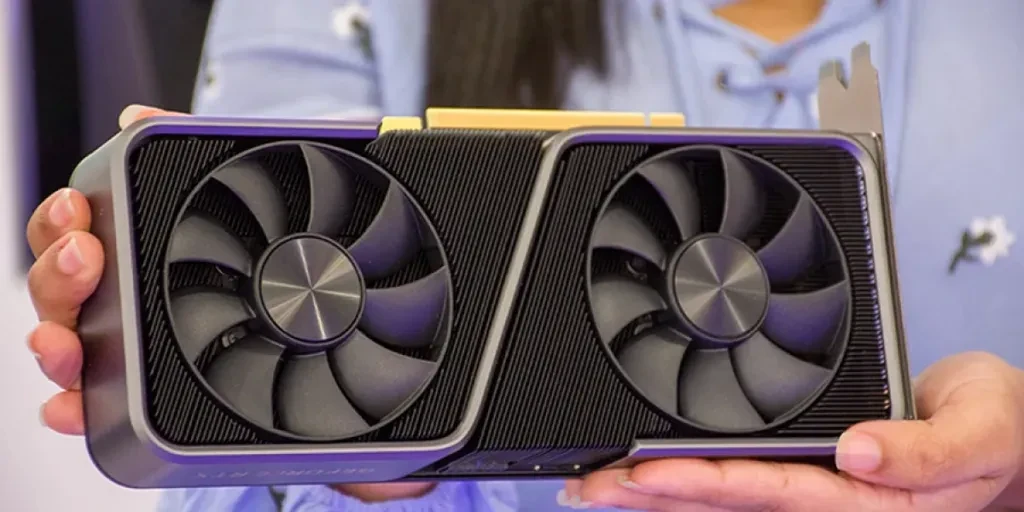The wearables market kicked off 2024 with a growth spurt, but not everything is booming. According to the International Data Corporation’s (IDC) Worldwide Quarterly Wearable Device Tracker, global shipments grew 8.8% year-over-year in the first quarter. However, this progress is tempered by a significant shift in consumer preferences.
WEARABLES MARKET SEES MODEST GROWTH, VALUE TAKES CENTER STAGE

The key takeaway from IDC’s report is the growing dominance of budget-friendly wearables. The average selling price (ASP) has been declining for five consecutive quarters, indicating a consumer base increasingly focused on mid-range and entry-level devices. Analysts attribute this trend to a lack of perceived value proposition for premium models. In simpler terms, many wearables users are questioning the price premium for high-end features.
This shift in preference could be temporary. The introduction of advanced sensors, particularly those capable of measuring blood pressure or glucose levels, could reignite interest in premium wearables. Until then, smaller regional brands offering cost-effective solutions are enjoying a period of strong sales.
Brand-wise, Apple remains the market leader, but its grip is loosening. Market share dipped nearly 19% year-over-year. This decline can be partially attributed to recent controversies surrounding feature removal due to a sales ban. However, IDC also highlights Apple’s relative inactivity in the headphone segment, a crucial part of the wearables market. Since the AirPods Max launched in 2020, there haven’t been any major updates to the AirPods line, potentially leading some consumers to explore alternative brands.
IDC REPORT: HOW AFFORDABLE WEARABLES ARE CHANGING THE GAME

Xiaomi, on the other hand, is experiencing explosive growth. Year-over-year sales surged by almost 44%. This success can be credited to Xiaomi’s consistent stream of affordable wearables. But also to their strategic re-entry into the Wear OS market. According to IDC, Xiaomi has quickly become the third-largest Wear OS vendor. Offering a compelling alternative for Android smartphone users seeking a smartwatch experience.
Another notable shift is Huawei overtaking Samsung for the third-place position. This is likely due to Huawei’s resurgence in the smartphone market, which appears to have positively impacted their wearables division as well.
Read Also: Samsung Galaxy Watch Ultra Appears on TDRA Certification
Samsung, while not experiencing the same meteoric rise as Xiaomi, still managed a 13% growth in Q1, exceeding the industry average. This positive trend can be attributed to the well-received Galaxy Fit3, a budget-friendly fitness tracker. However, this success wasn’t enough to completely offset declining sales of the Galaxy Watch series. Ultimately costing them the third-place spot to Huawei.
Rounding out the top five is Imagine Marketing, a lesser-known player whose “boAt” brand has captured significant market share in the headphone segment (up 17.5%). However, their smartwatches haven’t fared as well, experiencing a steep decline of 61.3% in sales.
The wearables market in 2024 presents a fascinating picture of growth alongside a value-driven consumer base. While established brands like Apple still hold the top spot, their dominance is challenged by smaller players offering compelling features at competitive prices. As innovation in sensor technology progresses, the market dynamics may shift once again. One thing remains certain: the wearables market is far from stagnant. Offering exciting possibilities for both established giants and nimble newcomers.
Disclaimer of Gizchina: We may be compensated by some of the companies whose products we talk about, but our articles and reviews are always our honest opinions. For more details, you can check out our editorial guidelines and learn about how we use affiliate links.
Source from Gizchina
Disclaimer: The information set forth above is provided by gizchina.com independently of Alibaba.com. Alibaba.com makes no representation and warranties as to the quality and reliability of the seller and products.




